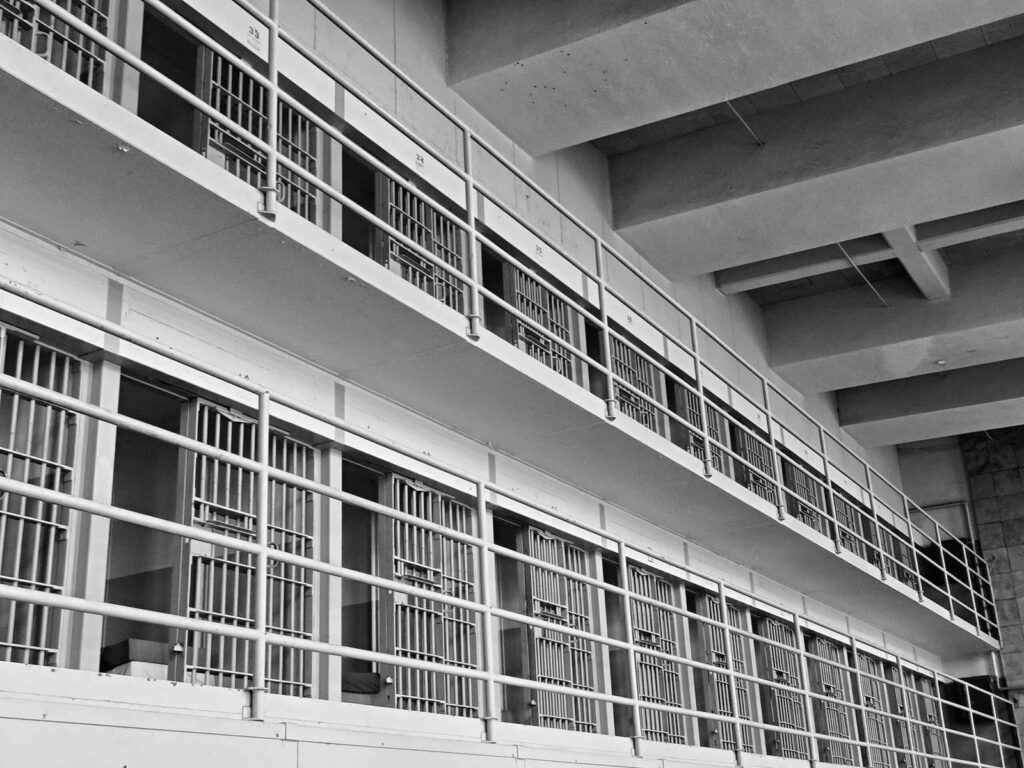After an arrest, but before the trial that determines guilt or innocence, judges often set a bail amount that people can pay as an assurance that they will attend their court proceedings. After they post bail, law enforcement releases them from custody.
The problem with the bail system is that it has kept thousands of people incarcerated, not because they are guilty, but because they do not have the money to pay. In January, New York criminal justice reform laws took effect that are already making a difference for people in the state.
Bail reform
The new legislation makes the following changes:
- Eliminates pretrial detention and bail expenses for most misdemeanors and nonviolent felonies (including drug charges)
- Requires judges to consider what a defendant can afford to pay in those cases where bail is still in effect
- Mandates that prosecutors disclose evidence to the defense sooner
- Promotes rights to a faster trial process

The legislation also reduces maximum incarceration for misdemeanors to 364 days. This has the side effect of helping immigrants with convictions for minor offenses to avoid deportation exposure.
Do you have a question about a criminal matter or a pre-trial hearing in New York?
The research behind the reform.
According to The Appeal, often, the result of pretrial detention has been the loss of earnings. Many also have lost their jobs and homes due to weeks or months spent in jail because of the lack of money to post bail.
Although critics believe that the new legislation increases the risk of more crime, research indicates the opposite. People held in jail for two or three days are nearly 40% more likely to commit another crime than those held for only 24 hours. Those held for a month or longer are 74% more likely to re-offend.
In assessing how the reforms would affect the system, the Center for Court Innovation discovered that in 2018, of the almost 205,000 cases in New York City, the new law would have only required bail for 10% being arrested.

